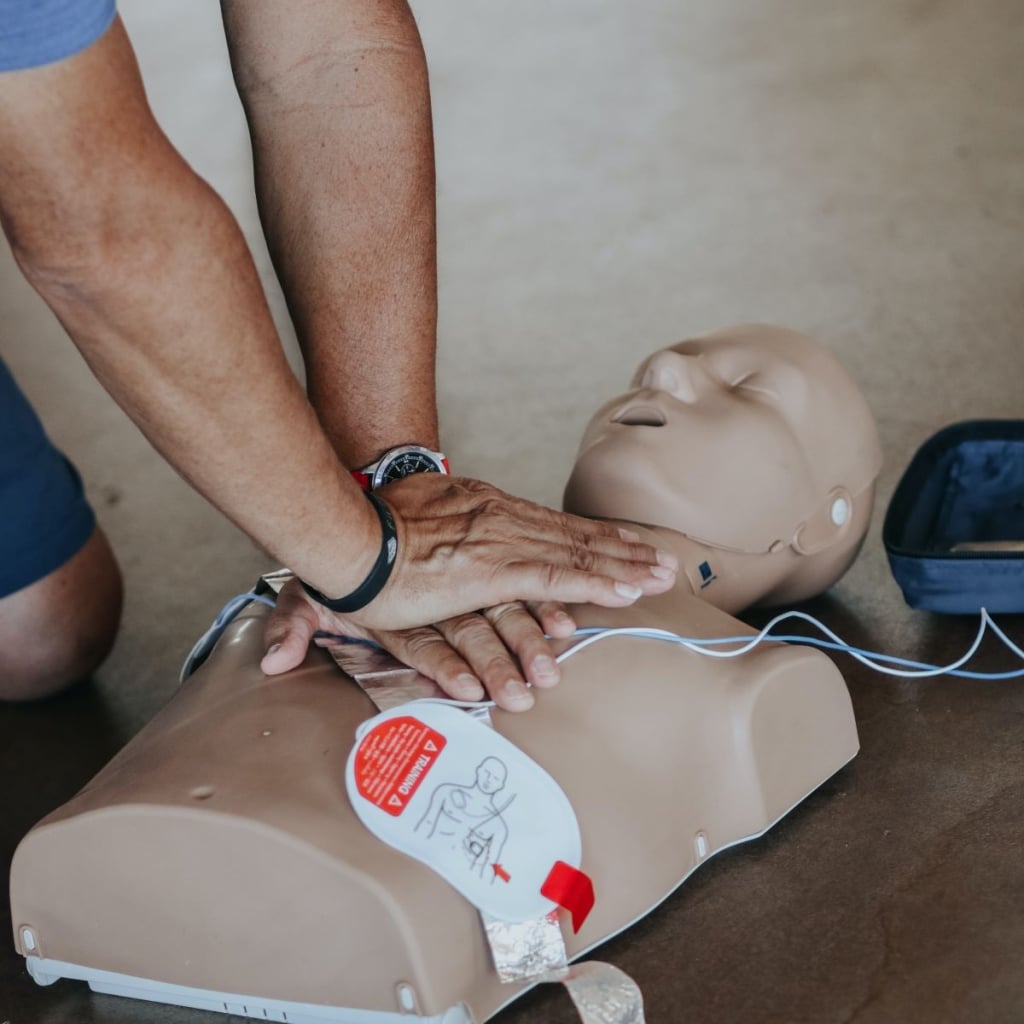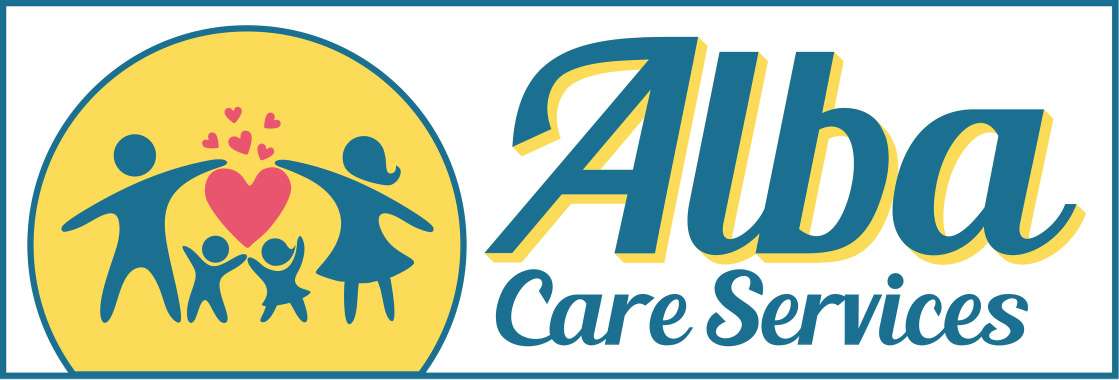Becoming a foster parent is a noble and rewarding experience that can have positive impacts on the life of both children in need and those taking on immense responsibility. Although becoming a foster parent might seem intimidating, it doesn’t have to be. There are several steps one should take to become an official foster parent, and these processes may even vary based on where you live. Whether you just want to learn more about what being a foster mom or dad means, or you’re ready to dive into fostering yourself – this guide has all the information you need to start your journey.
What Does It Take To Be A Foster Parent?
Becoming a foster parent can be an incredibly rewarding experience, but it’s important to understand the requirements for foster parents in your state before diving in. Generally, a foster parent is expected to provide a stable and supportive temporary environment for children until the problems with their birth parents are resolved.
Every state has its own set of rules and regulations, so it’s important to do your research and make sure you meet the necessary criteria.
Some common requirements include age, income, criminal background checks, and completion of pre-approval training programs. It may seem like a lot to consider, but taking the time to understand these requirements will ultimately help you provide the best possible care for the children who need it most.

Here is a breakdown of each of these requirements and available services in more detail:
Age: In order to become a foster parent, you must be at least 21 years old and meet the age requirement for your state. The maximum age varies from state to state, so make sure you check with your local child welfare agency before applying.
Income: Depending on the type of foster care you are looking to provide, there may be minimum income requirements that must be met. For instance, some states require that a household earning less than $20,000 annually is not eligible for subsidized foster care programs.

Background Checks: All prospective parents must undergo both criminal and child abuse background checks to ensure the safety of their home environment. If you have any questions about the background check process, contact your local child welfare agency for more information.
Training: Most states require that all prospective parents participate in a training program before they are approved to provide fostering services. This is typically an 8-10 hour course that covers topics such as understanding and caring for children, recognizing signs of abuse and neglect, working with biological parents, social workers, and the court system, managing challenging behaviors, and understanding attachment issues.
Home Studies: Social workers will also show up and meet all the family members and check your license as well as have a family evaluation known as a home study. A home study is a comprehensive evaluation of the prospective foster parent’s home environment. This assessment includes interviews with all family members as well as inspections of your home to ensure that it meets health and safety standards. The home study report includes information regarding your family’s lifestyle, living conditions, background checks, and references.
Licensing Requirements: Prospective parents must meet the licensing requirements of their state in order to become certified. These requirements vary by state but typically involve completing a criminal background check and a child abuse registry check as well as providing proof of adequate housing, income, and health insurance.
Ongoing Support: Once certified, prospective foster parents receive ongoing support from the foster care agency. This includes regular home visits, access to 24-hour emergency services, respite care when needed, and assistance with obtaining necessary items for children in their care. Foster parents also benefit from the knowledge and experience of other parents in the foster family agency through peer support groups.
Reimbursement: Foster parents are reimbursed for their costs in providing care for a child. This includes daily living expenses such as food and clothing, medical care, educational supplies, and other items that may be needed to provide appropriate care. Reimbursement is typically provided on a monthly basis.

Adoption Support: Agencies may also provide support for those interested in adopting a child from foster care. This can include financial assistance, counseling services, and help with navigating the legal process. Foster parents must also make arrangements for other appropriate child care.
Financial Support & The Costs of Fostering Children
Fostering a child can be a fulfilling and rewarding experience, but it’s hard to be working parents and can come with financial challenges. The basic foster care rates currently range from $657 to $820 per month, depending on the age of the child.
While financial support is available and foster parents can earn thousands a month, there are still costs that must be taken into consideration. A foster home is not cheap but there are ways to get enough financial support to pay for the children’s needs. Some of these expenses can include housing and living expenses, transportation fees, and other miscellaneous expenditures. If you’re looking for additional reimbursement, governments often provide financial incentives or bonuses for taking in children with special needs.
Foster Children
Alba care services also provide resources to the foster youth themselves. They strive to ensure that all children are safe, secure and receive the best possible care while living in their new home. There are also times when kids in a sibling group need to be adopted together. And sometimes foster homes can’t take them all. For foster kids, mental health can be a huge struggle. That’s why it’s important to be aware of vulnerable children and understand the trauma they may have faced.
These services are designed to help foster children adjust to their new environment as well as provide them with emotional support and guidance throughout the procedure. Additionally, Alba care services also provide access to post-adoption services for those who have been adopted in order to ensure the continued stability and well-being of the children. It’s also important to meet with a child’s social worker to ensure you’re ready to adopt them.
By providing these resources, Alba Care Services hopes to give every child a chance at a brighter future with loving families and stable homes.
Training To Become a Foster Parent

Becoming a foster parent is not only a selfless act of kindness, but it is also a unique opportunity to make a positive impact in a child’s life. While the decision to become a foster parent may seem daunting, the training process can provide a wealth of information and resources that can prepare you for the responsibilities that come with fostering and caring for a child.
Through training programs, you can learn how to nurture and support children who have experienced trauma or neglect, manage behavior challenges, and navigate the foster care system better. You will also have the opportunity to connect with other foster parents and gain invaluable insights and support.
What Does Training Look Like
The training process begins with an orientation, which provides an overview of the foster parenting experience and outlines expectations for both the foster parent and the child. During this orientation, you can also begin to learn about state laws and regulations related to fostering.
After completing an orientation, there are a variety of courses available that cover topics such as basic needs, communication, and age-appropriate behaviors. Other courses explore how to handle stressful situations and create a home that is both nurturing and supportive for the foster child.
In addition to traditional classroom settings, some training may also be completed online or through self-study programs, depending on the regulations in your state. Many self-paced options allow you to learn at your own pace and according to your own schedule.
Other Requirements For Becoming a Foster Parent
Before you can become a licensed foster parent, there are also certain requirements that must be met. These include criminal background checks, home safety inspections, and other screenings as well as training on child abuse prevention and CPR certification. Your licensing agency will provide you with the necessary forms and details regarding these requirements. Additionally, you’ll need to be at least 21 years of age and have the financial means to support a foster child.
Once you have met all of the necessary requirements, your licensing agency will review your application before issuing a foster care license. This process can take up to six months or more depending on the number of applications received and any additional verifications that need to be done. Once your license is approved, you will be added to the list of licensed foster parents in your state and can begin the process of becoming a foster parent.

Creating a Safe and Supportive Home Environment
Having a safe and supportive home environment is essential for anyone, no matter what stage of life they are in. It’s important to create a space that not only feels comfortable but is also free from danger.
This can include things like checking smoke detectors, securing loose rugs, and installing proper lighting. Additionally, a supportive environment is one that promotes trust, open communication, and a sense of belonging.
Whether you’re a family of one or six, making your home a sanctuary is crucial for your mental and physical well-being. So, take some time to evaluate your home’s safety and start implementing changes to ensure that you’re creating a space that supports your needs.
If you need any help, don’t hesitate to consult your agency which can provide guidance and advice. With just a few simple steps, you’ll be able to make your home the safe haven it deserves to be!
Additional Resources For Foster Parents

Being a foster parent can be a rewarding experience, but it can also come with its challenges. Fortunately, there are additional resources available for those who take on this important role.
These resources can range from support groups and counseling services to financial assistance and educational opportunities. For example, some organizations offer training courses to help foster parents better understand the needs of their children and provide effective care.
There are also programs in place to help cover the costs of certain expenses, such as medical bills and school supplies. By taking advantage of these additional resources, foster parents can provide the best possible care for the children in their homes and make a positive difference in their lives.
If you need help finding resources, talk to your local child welfare agency, or foster parent agency, or contact the National Foster Care & Adoption Directory. They can provide you with a list of organizations in your area that provide assistance to foster parents and children. With a little help and support, you can make sure the children in your care are given the best possible chance at success!
Foster Family Agency
Alba care services also work with Foster Family Agencies (FFA) in order to further the well-being of foster children. The FFA is responsible for recruiting, licensing, and monitoring foster families that are willing to provide a safe home for those in need. Alba care services provide important resources and assistance to these agencies so that they can more effectively recruit and maintain quality foster households.
Resource Families
Alba care services also provide access to resources for Resource Families. Resource parents provide temporary care and help to youth and children in need of assistance, and Alba care services provide them with the guidance they need to ensure they are able to successfully guide these young people through their transitions.
These resources include information on how to find suitable placements, ways to help the children in their transition, and financial aid options available for those who may be struggling financially. The Resource Family Approval (RFA) Program is a family-friendly and child-centered approval process. Once resource families approve caregivers, they don’t need to go through any further approval or licensing if they decide to adopt or become the legal guardian of a foster child.
As an approved resource parent, you will have access to a wide variety of support services to help you provide for the child in your care, including an after-hours warmline, respite care, financial support, and more.
Alba Care Services in Southern California
If you are thinking about becoming a foster parent in Southern California, Alba Care Services can provide the support and resources you need. We specialize in providing foster parents with the necessary tools to help them make a positive impact on the lives of children. Our team is trained and experienced in working with both foster parents and children, so we have a deep understanding of what it takes to provide a safe and nurturing home environment.
We are also committed to providing a wide range of services, from basic needs like food to more comprehensive services such as counseling and therapy. Our goal is to ensure that all foster parents have the resources they need to make sure the children in their care receive the best possible chance at success.
Give us a call today at 951-653-2224 to learn more!

